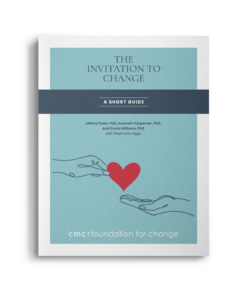Programs
The Foundation’s mission is to provide the families and friends of those struggling with substances the compassion, as well as the science based tools, that they need to help their loved one, themselves, and their communities.
Here are some ways we are bringing the Invitation to Change (ITC) to communities and families who need informed support as they try to help people they love.
Workshops
Our CMC:Foundation for Change team does training workshops for laypeople (family, friends, community supports) and professionals (health care providers, therapists, recovery coaches, first responders, faith-based leaders) in the Invitation to Change approach (ITC). Our workshops are experiential and designed to help attendees gain a new perspective on how to help someone struggling with substances as well as practical skills to improve communication, collaboration and promote positive behavioral changes.
Our materials (written material, workbooks, videos) are jargon-free and full of practical, user- friendly strategies that can be applied within a family, treatment program or larger community and donations help us provide ITC workshops at free and discounted rates depending on need.
We provide 2 on-line workshops for families a year and frequently co-sponsor workshops with local and grass-roots organizations such as Railroad Street Youth Project in MA and Drug Crisis in Our Backyard in NY, as well as other valued partnerships. Many family members who attend these training go on to get ITC certification so they can start family support groups in their communities or online.
We offer at least 4 professional trainings per year and offer treatment providers a variety of resources to share with the clients they serve. We also offer ITC Certification and ongoing support and supervision for professionals hoping to start groups or use the ITC in their clinical practice.
- We regularly partner with treatment organizations large and small to train entire treatment teams in the ITC Approach.
- We regularly present to professionals at conferences such American Association of Addiction Psychiatrists (2019, 2029, 2021), AFINet conferences, the NYState Harm Reduction Association, SMART Recovery conference (2020) among others.
In the next year, we hope to finalize the train the trainer model so that professionals can help us spread compassionate evidence based ideas farther into their programs and communities.
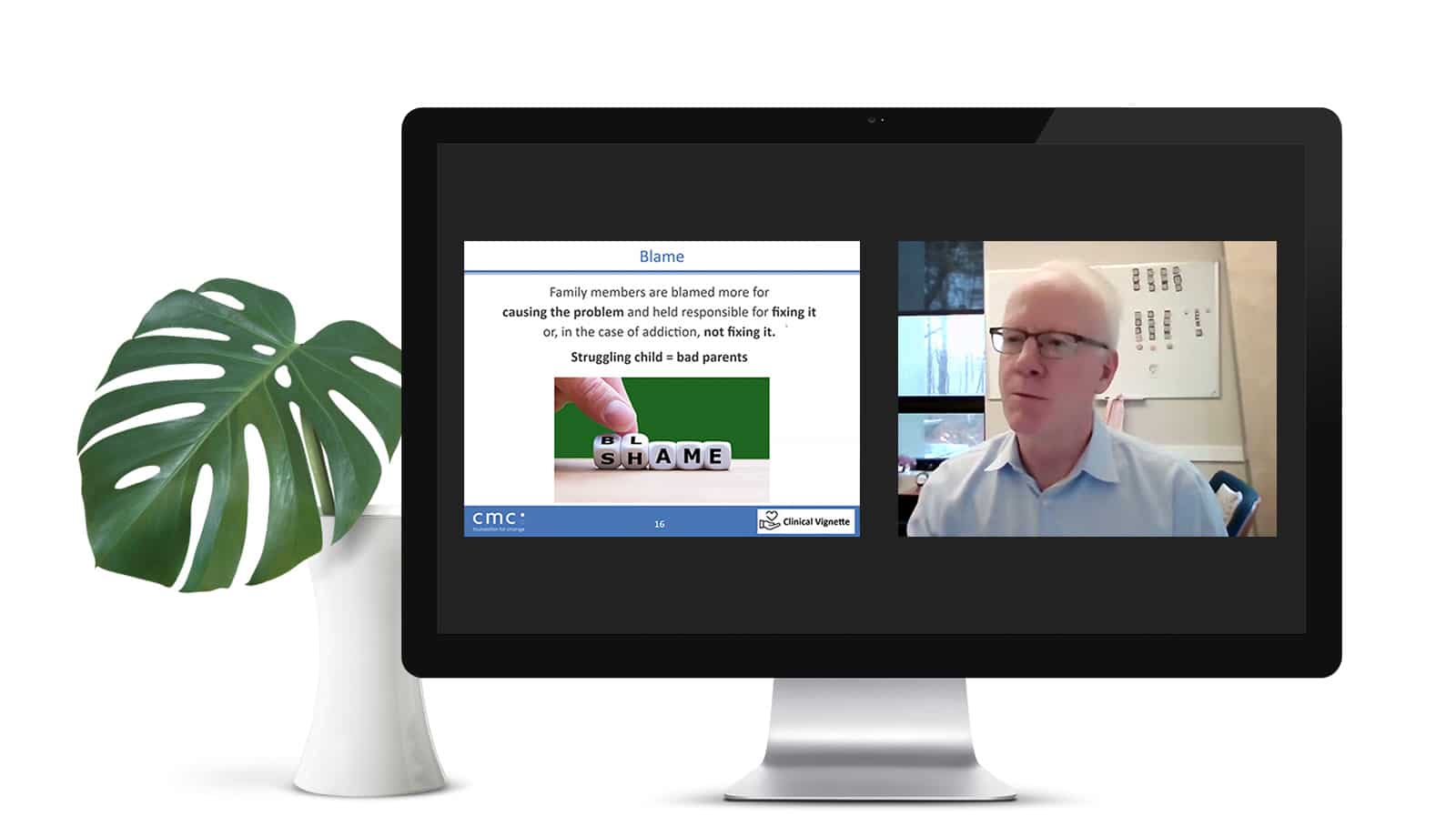
ITC Community Groups
Most communities have no free group support for friends and family, and if they do, it tends to be Al-Anon—which is a 12-step group based on the disease model of addiction. While Al-anon is helpful to many, it does not offer evidence-based strategies for helping a loved one struggling with substances. Our goal is to have ITC groups in communities across the country to provide an alternative to Al-Anon.
People who attend our family or professional workshops are invited to start their own ITC community groups. We provide these motivated and inspired people additional training as well as user-friendly resources, materials, and on-going support. We also offer groups curriculum training through our Certification Protocol for professionals looking to implement ITC groups in their treatment centers.
Our Program Goals for Increasing Access:
We are connected with representatives of different communities who are helping us adapt our materials to a variety of needs and backgrounds (Deaf/Hard of Hearing community, faith-based communities, and communities of color). Our donors help us pay for the time/effort of these partnerships and help us serve marginalized communities with few financial resources.
Specific Needs to be Addressed:
The Deaf/Hard of Hearing community experience significant accessibility barriers such as limited availability of adequately qualified ASL interpreters or other translation aids. This community is often uninformed about evidence-based resources and support because they are less likely to find out about them by word of mouth from hearing people. Prevention materials seldom address the unique cultural, language, or communication differences in this community and we are unable to specific support options available for their friends and family. We are working to ensure our outreach materials, website and other on-line and in-person training options are culturally attuned and include captioning or Computer Assisted Realtime Transcription (CART) services and with additional funding, we plan to create ITC video content using ASL interpreters. The kindness and skills inherent in the Invitation to Change Approach are well-suited to the needs of this community and donations will help us create unique content and train the peer supports and providers who are a part of it.
—
We believe faith-based leaders are in a unique position to bring a great deal of healing power to those struggling. Many people will never seek formal treatment but will instead reach out to their faith-based leaders for guidance and support. Unfortunately, studies have found that many leaders are reluctant to help people dealing with mental health issues because it takes too much time and they feel ill-equipped to make appropriate recommendations. Most rarely speak to their congregations about the topic and it is still not uncommon for faith-based leaders to consider substance use issues to be a result of moral failing or lack of faith. One study found that nearly half of evangelical, fundamentalist or born-again Christians believe that prayer and Bible study alone can heal serious mental health issues. The language used and the skills taught in the ITC are congruent with many of the beliefs in these communities and we have partners who are helping us create a version of the ITC that supports prayer, faith and shared community as powerful elements of healing. Donations help us create these materials as well as provide outreach to these different communities so that they know support and resources are available to them.
Digital Resources
We have an ever expanding library of videos illustrating the concepts in the Invitation to Change Approach, to be used on our website, in trainings, and in spreading the information through social media platforms. We consider these videos unique dissemination tools that can help lay people and other professionals convey the ITC in ways that their community members will remember.
This year we will be launching our ITC podcast where our hosts will share a compassionate and nuanced perspective to conversations about substance use and the experience of loving someone who struggles with substances. Our guests will include experts in the field, family members and community leaders who have been touched by substance use issues and will share the impact of evidence-based strategies to helping along with kindness. Join us for frank discussions with families who have been there, what was helpful in their journey, and what wasn’t so helpful. Our goal is to provide an additional resource for families and loved ones looking for connection and a sense of community in an overarchingly isolating human experience.
Books and Workbooks
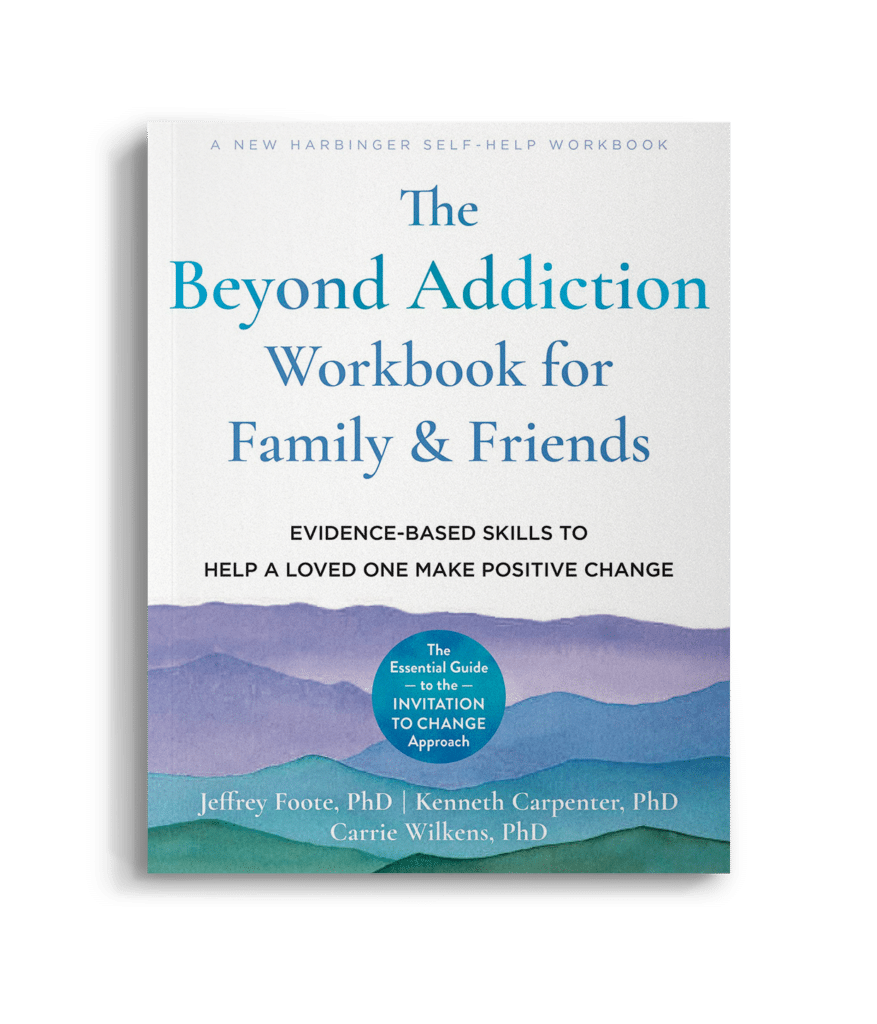
The Beyond Addiction Workbook for Family and Friends: Evidence-Based Skills to Help a Loved One Make Positive Change (coming out Summer 2022), our first full-length publication on the Invitation to Change Approach (ITC). From Dr. Carrie Wilkens, Dr. Jeff Foote, and Dr. Ken Carpenter and Stephanie Higgs (authors of Beyond Addiction), this book provides a thorough, compassionate guide through the Invitation to Change Approach, a helping model based in science and compassion that is built to teach both family members and professionals the most effective strategies for supporting someone who is struggling with substance use and change. Each ITC concept is supplemented by worksheets and practice exercises that let readers try out each concept for themselves as they bring it into their lives.
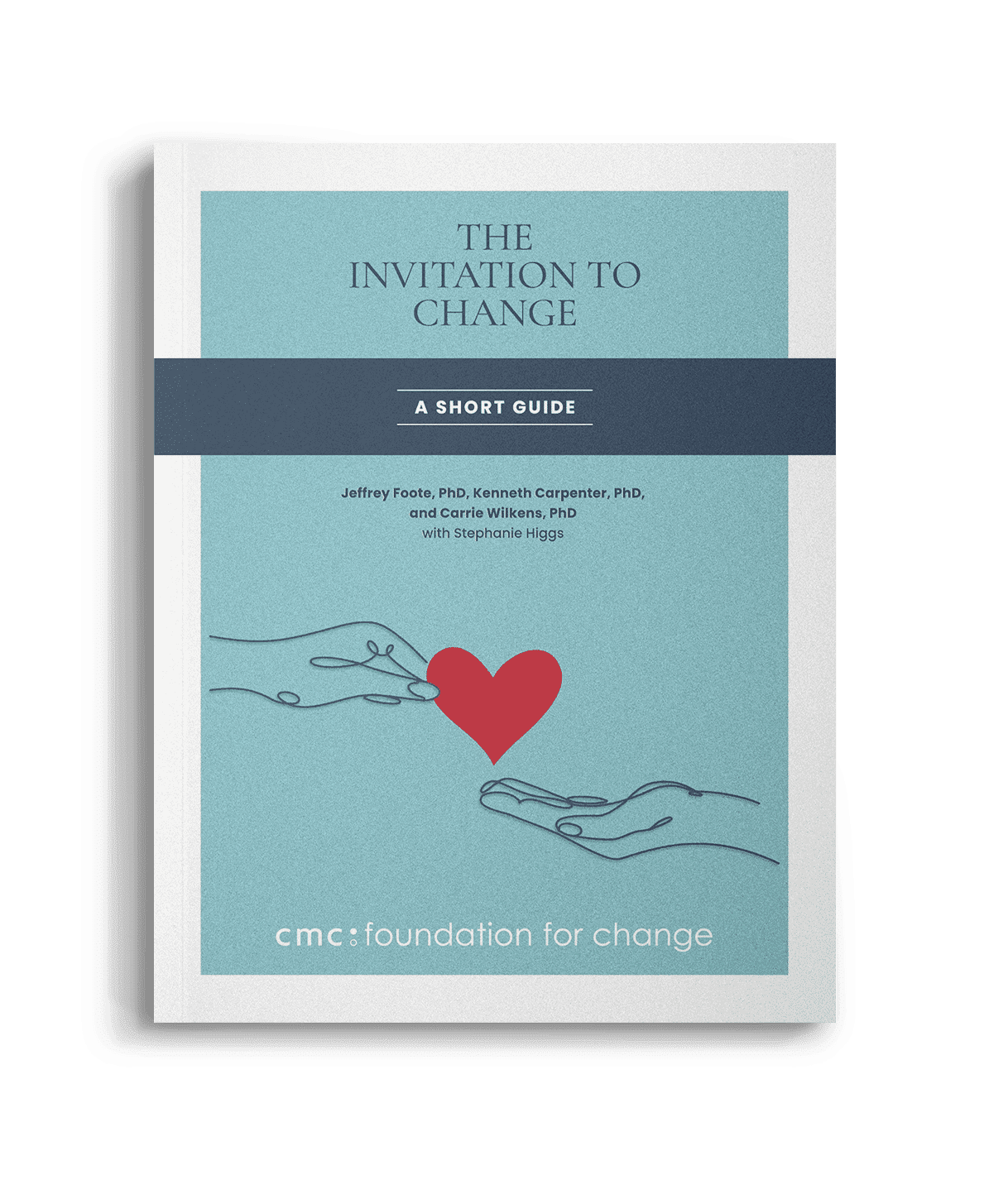
The Invitation to Change: A Short Guide (2021) is our newest offering—a practical, accessible workbook for those looking to help their loved one make a change. Through short, explanatory chapters and more than 20 exercises, this workbook walks readers through the 9 core topics of the Invitation to Change Approach (ITC). The strategies presented in the ITC have been shown to dramatically improve communication, increase emotional resilience and willingness to change, and promote self-compassion and understanding for all involved.
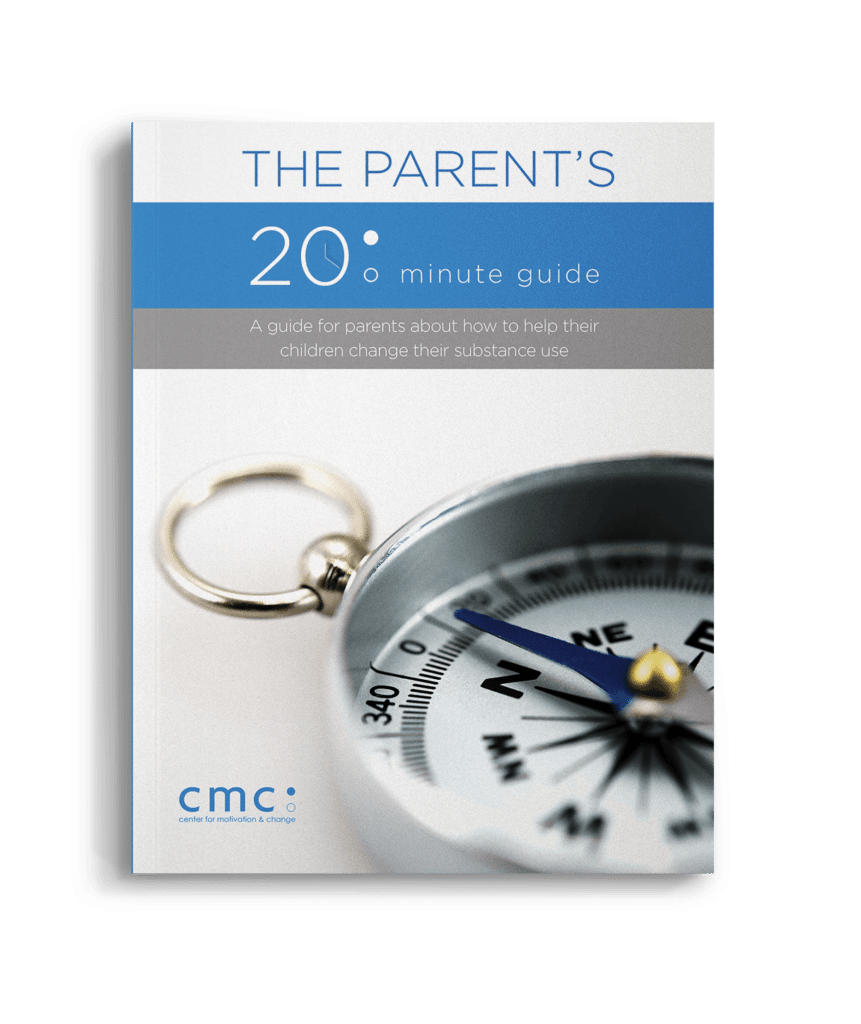
The Parent’s 20 Minute Guide & The Partners 20 Minute Guide, from our first workbook series, published in 2016 is a resource for family members who want to help a child struggling with substance use. The concepts in this guide are largely drawn from Community Reinforcement and Family Training (CRAFT), an evidence-based behavioral and motivational approach to substance use that recognizes the powerful role that loved ones can play in the change process.
Some of our Current Partnerships
Project ECHO at Penn State
We have been happily collaborating with the Project ECHO chapter at Penn State College of Medicine for the past several months, adapting our ITC training to a new format that emphasizes participant discussion and collective learning.
Dr. Ken Carpenter, our Director of Training, is facilitating 10 weeks of discussion with families who are in a caregiving role for their loved one who struggles with substances. Meanwhile, several of our FFC trainers are contributing 15-minute “flash talks” on ITC topics. This new format offers an exciting opportunity to spread evidence-based and compassionate approaches to substance use problems, all while exploring new ways to bring people into this conversation.

Learning ITC at a Distance with FAR Canada
In 2019, Families for Addiction Recovery - Canada reached out to us hoping to use our model, but with a special proposition. Because they recruit and train recovery coaches for their organization not all at once but continuously, they wanted a virtual course that each new hire could take according to their timeline. We worked for months to adapt our ITC workshop to a distance learning format involving recorded lecture, readings, and exercises. At this stage, the course is only available to FAR Canada; but there is potential to expand this offering in the future.
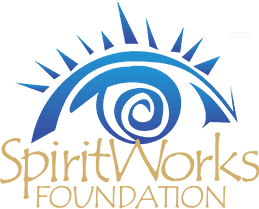
Women’s Prison Initiative with Spiritworks
We are hugely grateful for our partnership with Spiritworks Foundation, a community organization in Virginia led by Rev. Jan Brown. After working with us to establish some of our first ITC-based support groups, Rev. Brown spearheaded an exciting project to run an ITC group for a group of peer support mentors for incarcerated women in Chesterfield Virginia. We are collecting data from the group to assess its effectiveness and reception among incarcerated participants, ensuring we are sharing the ITC in a way that is relevant to their experiences and meaningful.

Supporting Families with Your Ally Foundation
Recently, we have partnered with Your Ally Foundation, an organization dedicated to improving access to treatment for people with substance use disorders and related mental health disorders in low and middle-income countries as well as in the African diaspora in the New England area. Currently they are operating in Uganda and Zambia with future plans to expand to other low and middle income countries. We are working closely with founder and President Susan Wilkinson, MSN, PMHNP-BC to develop a program which fits the needs of her organization and integrates issues such as Racial and immigration trauma into the ITC.
Support us
The time that our Founders devote to FFC (i.e., conducting workshops, writing the book/workbook, collaborating with partners etc.) is donated. They do not take a salary for this work. Generous donations help us put the structure and administrative support around our efforts, so that we can get evidence-based resources into the hands of friends and family all over the world.
